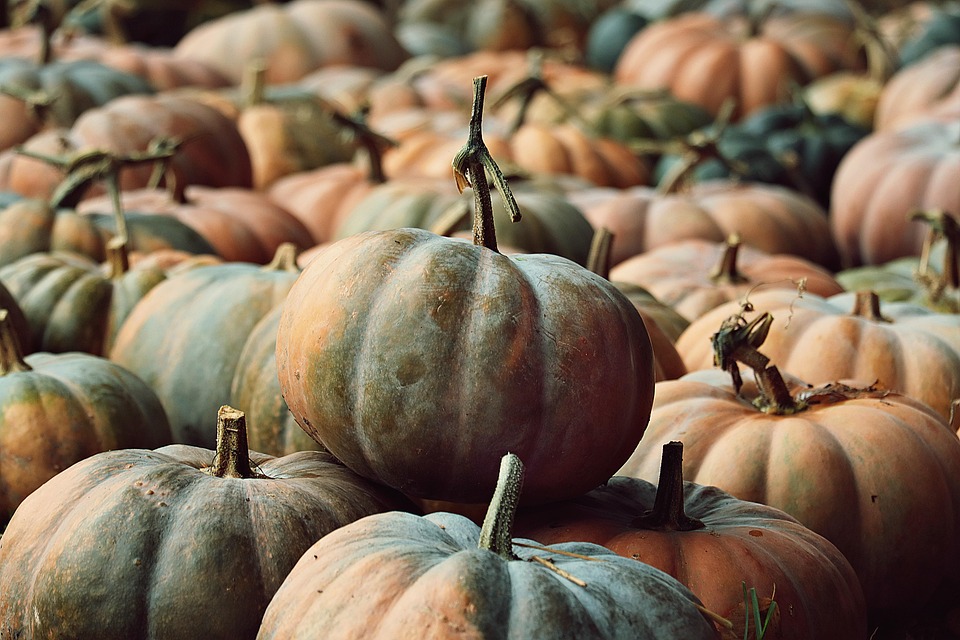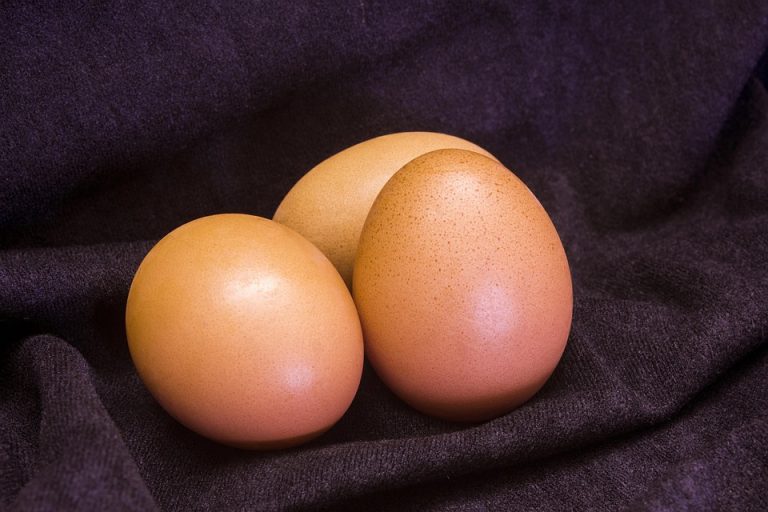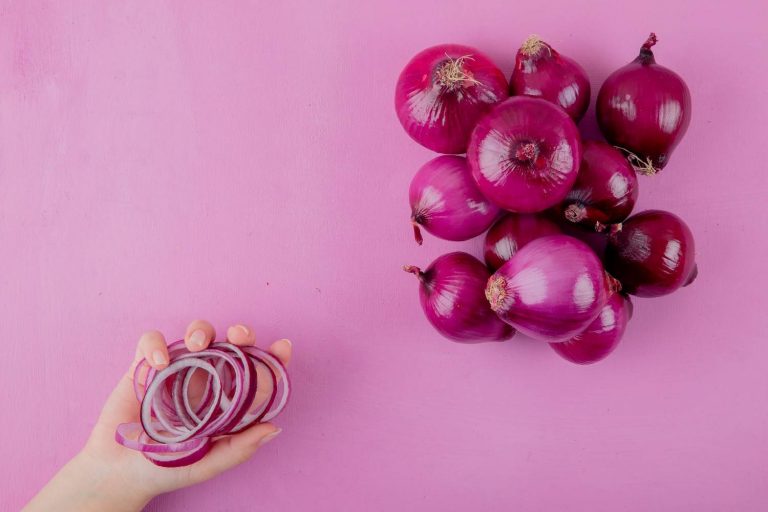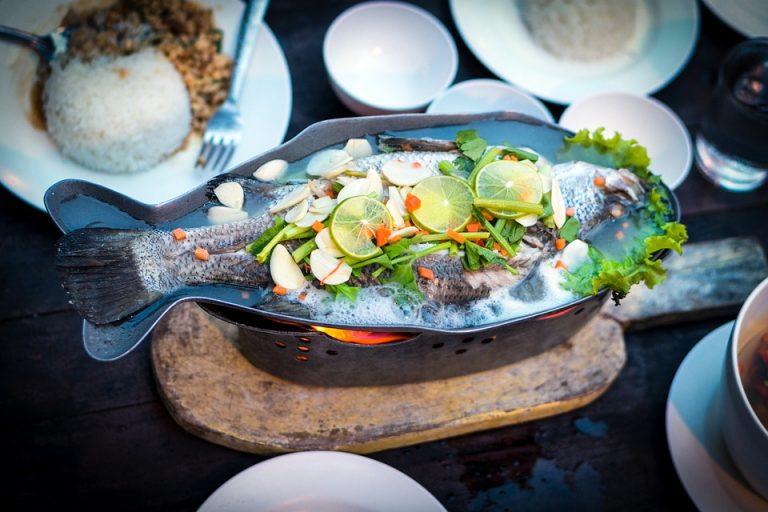Did you know that pumpkins aren’t just for carving, but can also be a powerhouse for your hormones? As the leaves turn and pumpkin spice lattes take over coffee shops, it’s the perfect time to explore how this humble gourd can play a significant role in hormone health. Whether you’re looking to alleviate PMS, manage stress, or simply feel more balanced, incorporating pumpkin into your diet might be the delicious solution you’re looking for. So, let’s dive into five pumpkin-powered tips that can help you balance your hormones effectively!
Contents
1. Embrace Pumpkin Seeds for Healthy Fats
Nutritional Benefits
First up, let’s talk about pumpkin seeds, also known as pepitas. These little gems are packed with healthy fats, antioxidants, and essential vitamins and minerals. They’re particularly rich in magnesium, which plays a crucial role in hormone production and regulation. Magnesium helps to maintain insulin sensitivity and can mitigate the effects of stress on your body, both of which are essential for hormonal balance.
How to Use Them
You can enjoy pumpkin seeds raw, roasted, or even as a topping on salads and oatmeal. A handful a day can help you reap their benefits. But, let’s be real: they’re also delicious in homemade granola or sprinkled on yogurt. Just watch your portion sizes; while they’re nutritious, they’re also calorie-dense.
Downsides to Consider
However, moderation is key. Overconsumption can lead to unwanted weight gain, and some people find that large amounts of seeds can upset their stomachs. Listen to your body, and adjust accordingly!
2. Pumpkin Puree: A Nutrient-Dense Addition
The Power of Pumpkin
Next on our list is pumpkin puree. This isn’t just a seasonal addition to your favorite pies; it’s a nutrient powerhouse! Packed with fiber, vitamin A, vitamin C, and potassium, pumpkin puree helps regulate blood sugar levels and supports your immune system. This is crucial because blood sugar imbalances can lead to hormonal issues.
Ways to Incorporate
You can add pumpkin puree to smoothies, soups, or even pancakes. It adds a creamy texture and a subtly sweet flavor that can elevate any dish. I like to sneak it into my morning smoothie for an extra nutrient boost. And can we talk about how great it makes your oatmeal taste?
Cautionary Notes
Just be cautious with store-bought pumpkin products—check the ingredient list. Many contain added sugars and preservatives, which can negate the health benefits. Go for 100% pure pumpkin puree without additives whenever possible.
3. Pumpkin Spice for Hormonal Harmony
Beyond the Flavor
Who can resist the warm, comforting aroma of pumpkin spice? But did you know that the spices commonly found in pumpkin spice blends can also support hormonal health? Cinnamon, nutmeg, and ginger are all known for their anti-inflammatory properties and ability to regulate blood sugar levels.
Practical Uses
Sprinkle some pumpkin spice into your morning coffee or blend it into your baked goods. It’s an easy way to add flavor and potential health benefits to your diet. Plus, it gets you in the fall spirit!
Considerations
While spices are generally safe, it’s important to know that some people may have sensitivities, especially to cinnamon. If you notice any adverse effects, it might be worth cutting back or trying alternatives.
4. Fiber-Rich Pumpkin for Digestive Health
Importance of Fiber
Let’s not overlook the fiber content in pumpkin. Fiber is essential for digestive health, which directly impacts hormonal balance. A well-functioning digestive system helps eliminate excess hormones from your body, preventing hormonal imbalances.
How to Get Your Fiber Fix
Integrate pumpkin into your meals: think pumpkin soup, roasted pumpkin cubes, or smoothies. Eating the skin (if it’s edible) can provide additional fiber, so don’t toss it!
Potential Pitfalls
However, if you’re not used to a high-fiber diet, introducing it too quickly can lead to digestive discomfort. Gradually increase your fiber intake and drink plenty of water to help your digestive system adjust.
5. Seasonal Eating and Hormonal Balance
The Bigger Picture
Incorporating pumpkins into your diet is more than just about individual foods; it’s about the concept of seasonal eating. Eating foods in season can optimize nutrient intake and support your body’s natural rhythms. Pumpkins are harvested in the fall, and consuming them during this time can align your diet with the rhythms of nature, which some argue can positively affect your hormone balance.
Practical Steps
Plan seasonal meals that highlight pumpkins. Think hearty soups, roasted vegetable medleys, or pumpkin-infused breads. Not only does this celebrate the season, but it also provides your body with what it needs during this time of year.
Keep in Mind
Of course, everyone’s body is different. What works for one person may not work for another, so it’s essential to pay attention to your own body’s signals and make adjustments as needed.
FAQs
1. Can pumpkin help with PMS symptoms?
Yes! The nutrients in pumpkin, particularly fiber and magnesium, can help alleviate some PMS symptoms by stabilizing blood sugar and reducing inflammation.
2. Are pumpkin seeds good for men as well?
Absolutely! Pumpkin seeds are beneficial for everyone. They provide healthy fats and important nutrients that can support overall health and hormonal balance.
3. How can I make my pumpkin dishes healthier?
Opt for fresh pumpkin over canned options when possible, and avoid adding too much sugar or unhealthy fats. Incorporate spices for flavor without the extra calories.
4. Can I eat too much pumpkin?
While pumpkin is healthy, moderation is key. Eating excessive amounts can lead to digestive issues due to its fiber content. Aim for a balanced diet including a variety of foods.
Conclusion
So there you have it: five pumpkin-powered tips to help balance your hormones naturally. From nutrient-rich pumpkin seeds to the comforting embrace of pumpkin spice, these tips show that maintaining hormonal balance can also be delicious.
As we dive into fall, think about how you can incorporate this versatile gourd into your diet. Whether it’s through savory dishes or sweet treats, pumpkin can be more than just a seasonal decoration. It has the potential to be a stellar addition to your hormonal health toolkit.
Remember, though, that everyone’s body is unique. While findings around pumpkin and hormone health are promising, ongoing research is always important. Consult with a healthcare provider to tailor a plan that works best for you.
This article is for educational purposes only and is not a substitute for professional medical advice. Always consult a qualified healthcare provider before making changes to your health routine.
References
-
He, Y., & Zhang, J. (2019). Pumpkin seed oil and its potential positive effects on health: A review. Food Chemistry, 274, 775-784. https://doi.org/10.1016/j.foodchem.2018.10.036
-
Slavin, J. (2013). Fiber and Prebiotics: Mechanisms and Health Benefits. Nutrients, 5(4), 1417-1435. https://doi.org/10.3390/nu5041417
-
U.S. Department of Agriculture. (2021). FoodData Central: Pumpkin seeds. Retrieved from https://fdc.nal.usda.gov/fdc-app.html#/food-details/169962/nutrients
Get Your FREE Natural Health Guide!
Subscribe now and receive our exclusive ebook packed with natural health tips, practical wellness advice, and easy lifestyle changes, delivered straight to your inbox.




